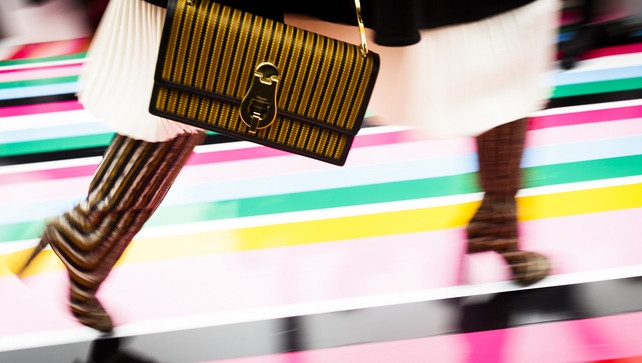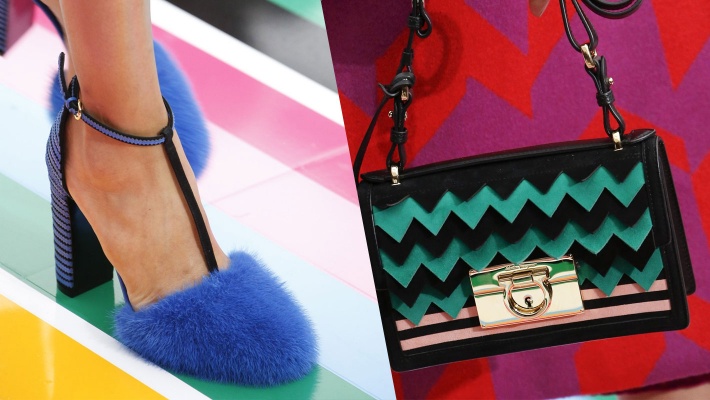The Anti-Counterfeiting Microchip

Purchasing a new designer handbag is always a fulfilling experience, so to later find out that someone else is claiming to have the exact same product, when it's actually a knock-off, can be extremely frustrating. That’s why companies like Salvatore Ferragamo are taking action to stop the counterfeiting of their products, utilizing 21st-century technology to upgrade their marks of authenticity. How? With microchips.
Last year, after Ferragamo seized $17 million in 12,400 illegal items, the company ramped up its efforts to crack down on fraudulent sellers.
“In 2015, we further expanded the number of e-commerce sites that we monitor," said Ferruccio Ferragamo, chairman of Ferragamo Group. "On the Chinese market, we have continued our offline checks, targeting trade fairs and resellers in particular.”
This kind of monitoring is made possible with RFID (radio frequency identification) technology, which can identify and track tagged objects. What was once a serial number or bar code is now a smart label in the form of a microchip, placed discreetly inside the linings of bags and the heels of shoes, because no one who carries an expensive handbag wants that visible.
Still, some loyal customers have raised concern about the practicality of having a tracking device affixed to a personal good. Will strangers be able to track the product and the wearer, with it? No. Ferragamo announced that the chip can "only be read at a distance of four centimeters or less, so fears of being tracked are unfounded."

Aside from deterring counterfeiters, the microchip is most valuable as an authentication tool in legitimate consumer-to-consumer resale. "The people who can afford to spend thousands on a purse often get tired of them after six months and tend to sell them on eBay," Greg Furman of the Luxury Market Council, in New York, told the New York Times. Now, these people are protected against scam vendors selling knock-offs, which raises the resale value and bolsters brand equity, with no Ferragamo accessory left unaccounted for.







